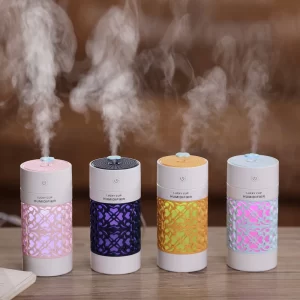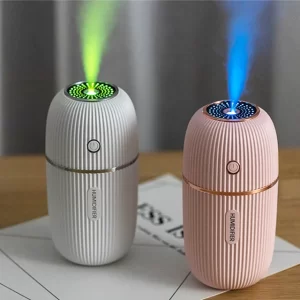How do I know if my humidifier is making me sick?
Introduction
Humidifiers can provide numerous benefits, such as alleviating dryness, improving respiratory comfort, and maintaining optimal humidity levels. However, improper use or inadequate maintenance of a humidifier may lead to potential health concerns. In this guide, we will explore signs that your humidifier may be making you sick, the potential causes, and steps you can take to address and prevent such issues.
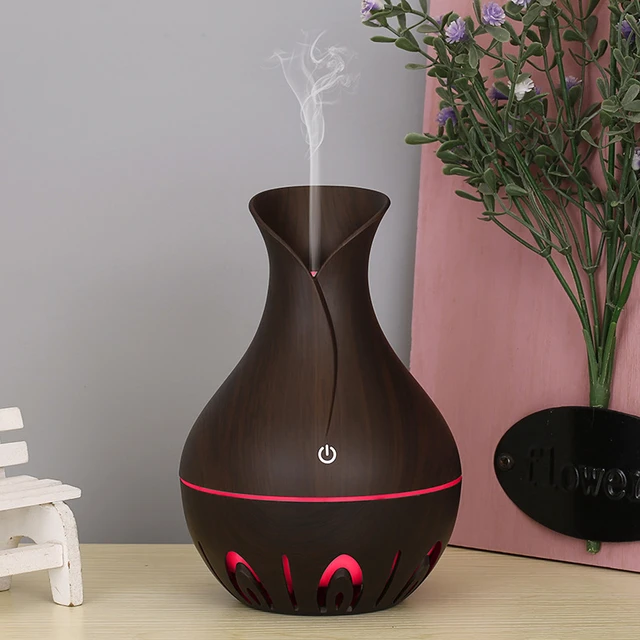
How do I know if my humidifier is making me sick?
Allergy-Like Symptoms
1.1. Nasal Congestion and Discomfort
If you are experiencing nasal congestion, sneezing, or a stuffy nose, it is possible that your humidifier is contributing to these symptoms. Excessive humidity or improper maintenance can create an environment conducive to mold growth, leading to an allergic reaction and nasal discomfort.
1.2. Watery or Itchy Eyes
Irritated or itchy eyes can also be a sign that your humidifier is causing you to feel unwell. Mold spores or other contaminants in the humidified air may trigger an allergic reaction, resulting in watery or itchy eyes.
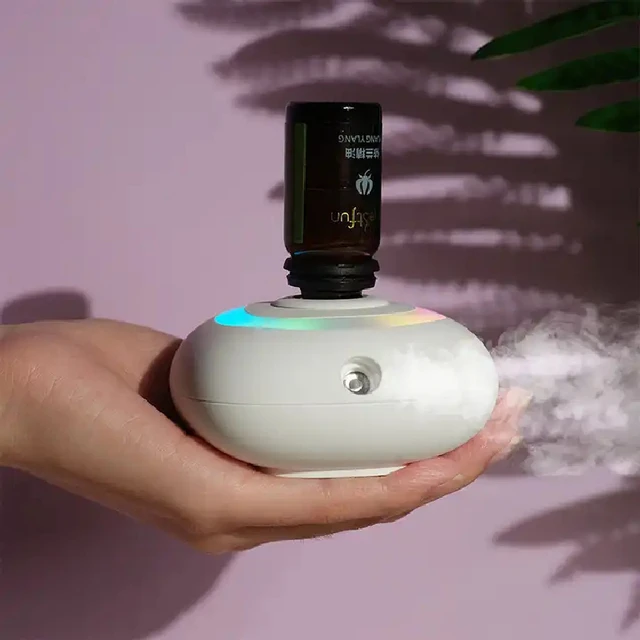
Respiratory Issues
2.1. Increased Coughing or Wheezing
If you notice a sudden increase in coughing or wheezing, it may be a sign that your humidifier is negatively affecting your respiratory system. Excessive humidity can create a breeding ground for dust mites and mold, which can exacerbate respiratory conditions or trigger asthma attacks.
2.2. Difficulty Breathing
Difficulty breathing, shortness of breath, or a feeling of tightness in the chest are serious symptoms that may indicate a humidifier-related health issue. If you experience these symptoms, it is crucial to seek immediate medical attention to identify the cause and receive appropriate treatment.
Mold and Bacterial Growth
3.1. Musty Odor
A persistent musty or mildew-like odor in the area where the humidifier is located may indicate the presence of mold or bacterial growth. Mold spores can be released into the air, potentially leading to allergic reactions or respiratory issues.
3.2. Visible Signs of Mold
Visible signs of mold growth around or inside the humidifier, such as black or green patches, should be taken seriously. Mold can release spores into the air, which can trigger allergies, asthma attacks, or other respiratory problems.
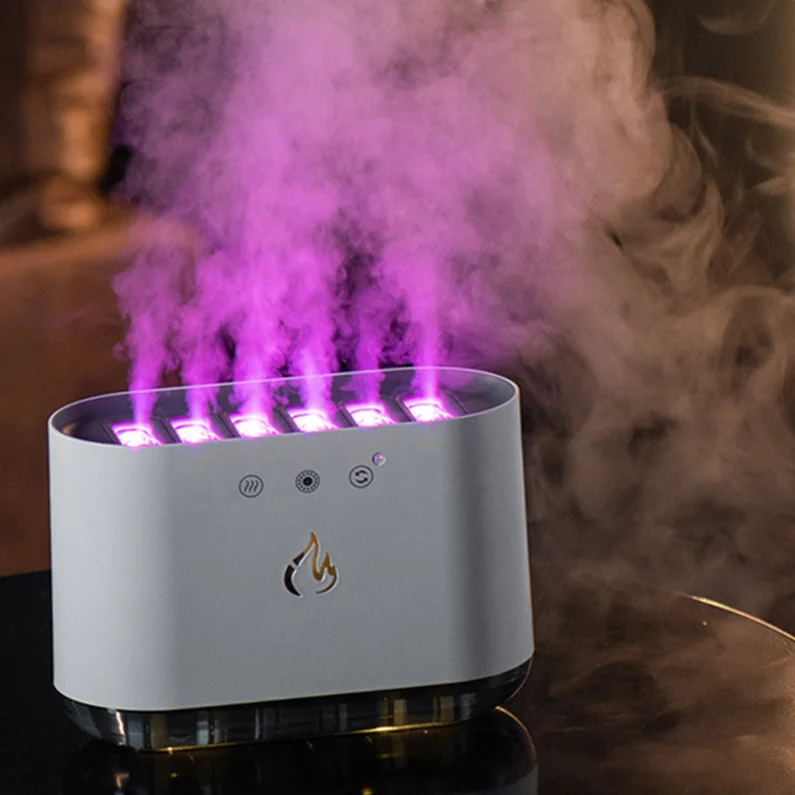
Solutions and Preventive Measures
4.1. Proper Maintenance
Proper maintenance is crucial to avoid health issues related to humidifier use. Regularly clean and disinfect the humidifier according to the manufacturer’s instructions. Empty and refill the water tank daily, using distilled or demineralized water instead of tap water, which can contain impurities that contribute to bacterial or mold growth.
4.2. Monitor Humidity Levels
Maintaining optimal humidity levels in your home or living space is important. High humidity levels can promote mold and bacterial growth, while low humidity levels can lead to dryness and respiratory discomfort. Use a hygrometer to monitor humidity levels and ensure they are within the recommended range of 30%-50%.
4.3. Use Properly Sized Humidifiers
Selecting the appropriate sized humidifier for your space is essential. Using a humidifier that is too large for the room can create excess humidity, increasing the risk of mold or bacterial growth. Follow the manufacturer’s recommendations and guidelines for room size suitability when purchasing a humidifier.
4.4. Avoid Excessive Humidity
Excessive humidity can lead to an environment where mold and bacteria thrive. Ensure proper ventilation by opening windows periodically to allow fresh air to circulate. If humidity levels are consistently high, consider using a dehumidifier to control moisture levels in your home.
4.5. Regularly Replace Filters
If your humidifier has a filter, be sure to replace it as recommended by the manufacturer. A dirty or clogged filter can impede proper airflow and contribute to the growth of bacteria or mold within the device.
Seek Professional Assistance
5.1. Consulting a Healthcare Professional
If you experience persistent or severe symptoms that may be related to your humidifier, it is important to seek medical guidance. A healthcare professional can evaluate your symptoms, provide appropriate advice, and help identify any underlying causes or conditions that may be exacerbating your health issues.
5.2. Professional Inspection and Cleaning
If you suspect mold or bacterial growth in your humidifier or the surrounding area, consider contacting a professional for a thorough inspection and cleaning. They will have the expertise and proper tools to identify and safely remove any potential contaminants, ensuring a healthy and safe environment.
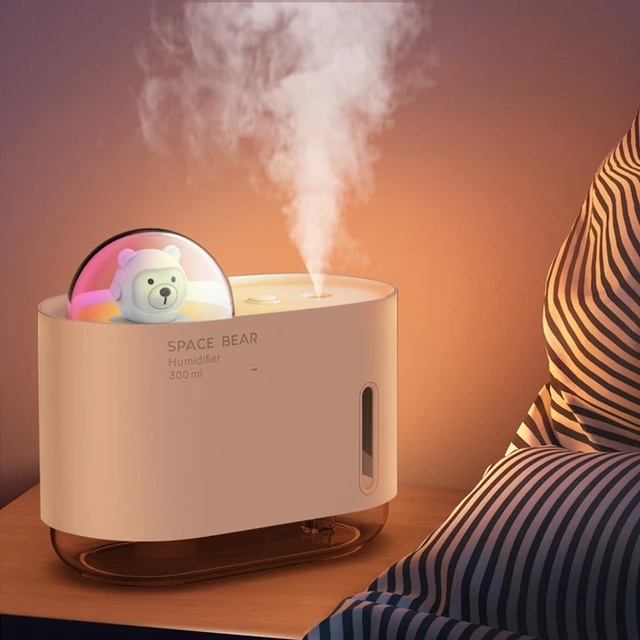
Alternative Solutions
6.1. Using a Different Type of Humidifier
If you suspect that the type of humidifier you are currently using is causing discomfort or health issues, consider switching to a different type. For example, if you are using a warm mist humidifier, try using a cool mist or ultrasonic humidifier instead. This change may help alleviate any adverse effects you are experiencing.
6.2. Natural Remedies for Cough Relief
In addition to using a humidifier, consider incorporating natural remedies to relieve your cough. Drinking plenty of fluids, using saline nasal rinses, and inhaling steam from a warm shower can help soothe your respiratory system and alleviate coughing. Discussing natural remedies with a healthcare professional can provide you with tailored recommendations.
Seeking Professional Evaluation
7.1. Consulting an Allergist or Immunologist
If your symptoms persist or worsen despite taking preventive measures, it may be beneficial to consult an allergist or immunologist for further evaluation. These specialists can assess your specific condition, conduct allergy testing if necessary, and provide personalized recommendations to address your cough and any underlying allergies or respiratory conditions.
7.2. Mold Inspection and Remediation
Persistent health issues or the presence of visible mold may indicate the need for professional mold inspection and remediation services. Mold growth can be harmful to your health and requires specialized treatment to safely remove it from your living environment. Seeking assistance from professionals can provide a comprehensive assessment and effective remediation of any mold-related issues.
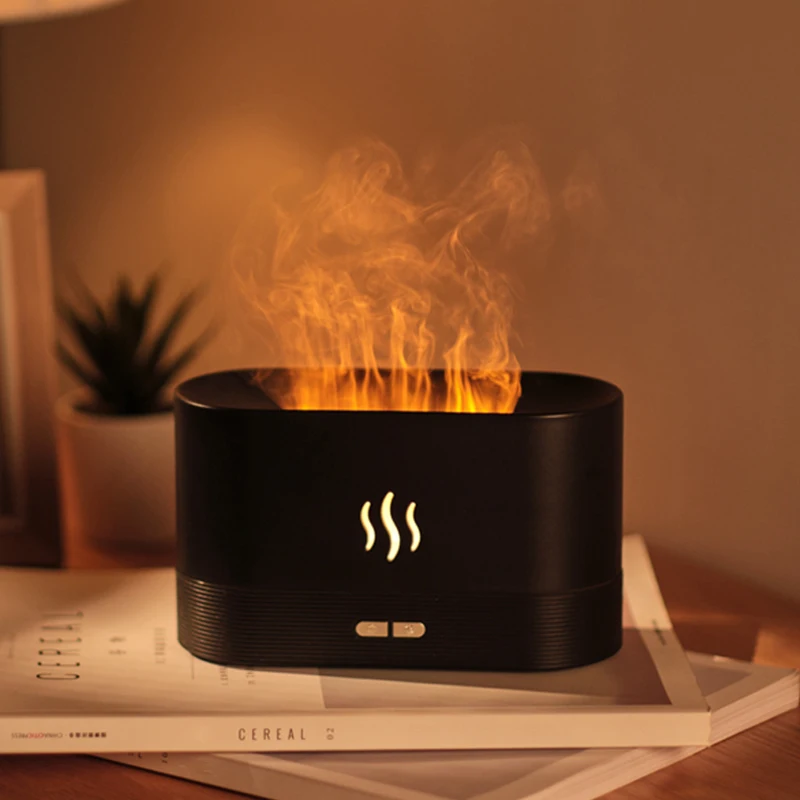
Conclusion
Understanding the signs that your humidifier may be making you sick is crucial for addressing and preventing potential health issues. Allergy-like symptoms, respiratory issues, and signs of mold or bacterial growth should be taken seriously. Proper maintenance, monitoring humidity levels, using the correct humidifier size, regularly replacing filters, and seeking professional assistance when needed are essential steps in ensuring a healthy and comfortable environment. By being proactive and diligent in maintaining your humidifier, you can enjoy the benefits of optimal humidity levels without compromising your health.
